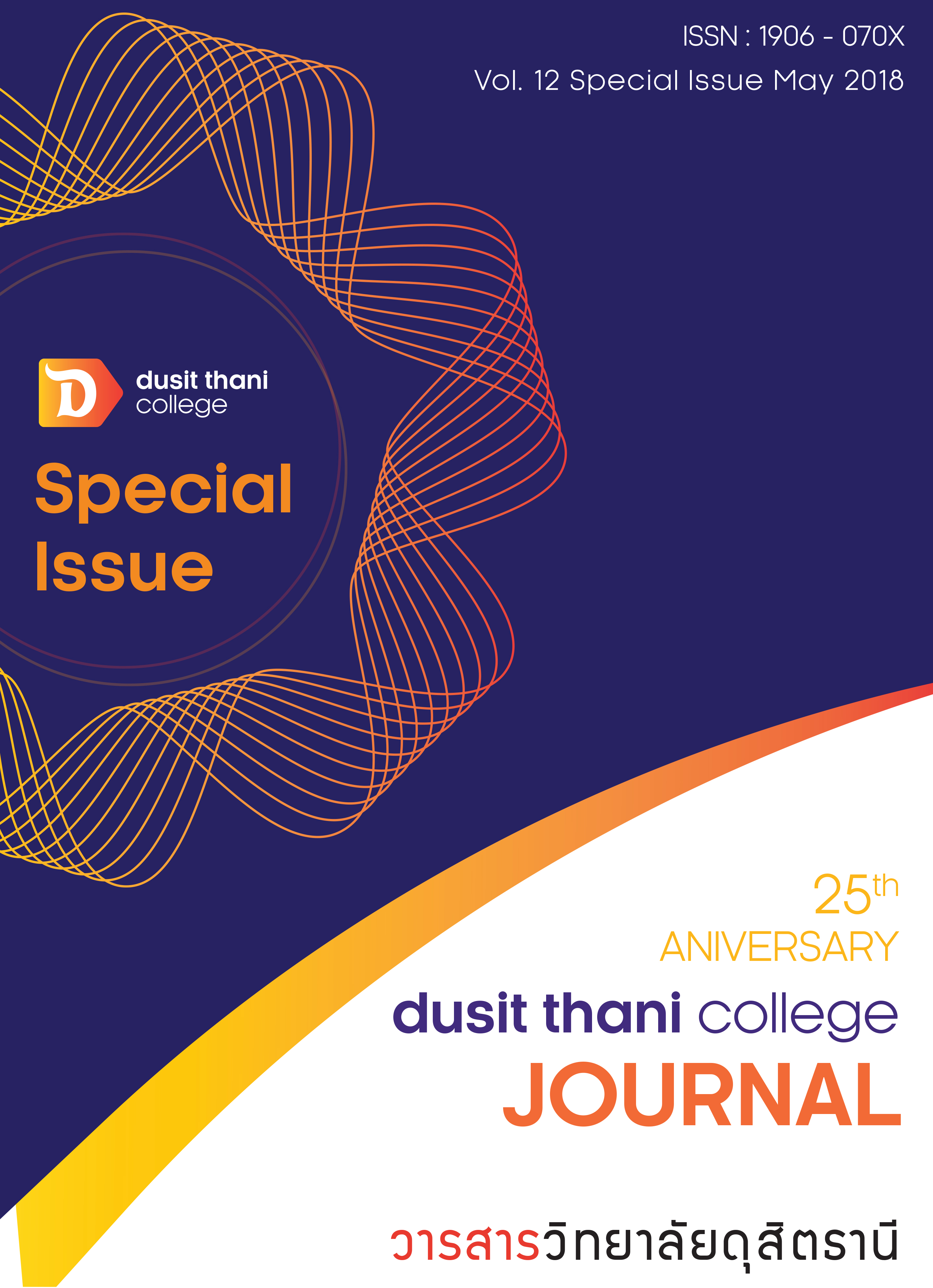Halal Certification and Opportunity for Halal Food Business in Thailand
Main Article Content
Abstract
Halal food is a food or products that has been approved according to Islam rules which has to be without any prohibition, clean and nutritious. In a present day, Halal food is not limited only to those whom are Muslim, which are the largest number of population in the world, but it is also wanted by other people with the different religious as well. Therefore, this article aimed to disseminate information of Halal food that able to make income and lead to an economic stimulus, both in local and national level. Even though Thailand is not an Islamic country but it has advantages in a food producing and processing industrial technology and also including of various resources which has an effect to increasing the opportunity of Thailand in exporting a Halal food to other countries.
However, exporting a Halal food need to have a Halal certification from a committee of the Central Islamic Council of Thailand in order to gain a trust from Islamic consumers, both within and outside country. Apart from that, producing and processing Halal food in Thailand should be supported in production, exporting and finding a trading market to entrepreneurs which will help in increasing capabilities of Thai's Halal food to a world class Halal kitchen.
Article Details
Article Screening Policy
- All research and academic articles to be published must be considered and screened by three peer reviews in the relevant field / article.
- All articles, texts, illustrations and tables published in the journal are the personal opinions of the authors. Editors don't always have to agree. And no responsibility whatsoever is the sole responsibility of the author.
- The articles to be published must never be published. Where did you first publish? And not in the consideration of other journals If the audit found that there has been a duplicate publication It is the sole responsibility of the author.
- Any article that the reader sees as being plagiarized or impersonated without reference. Or mislead the work of the author Please let the journal editor know it will be your greatest blessing.
References
Jeromor Jite. Buying Behavior Halal Food in Mueang District Pattani Province.
Thesis master degree in management science. Sukhothai Thammathirat Open University, 2010.
Niti Nawarat. How many Muslim in the world. 2017. Retrieved from https://www.thairath.co.th/content/300684. (online). Access Date 9 March 2018.
Pakorn Priyakorn. The Way to Develop Halal Business in Bangkok: The Halal Science Center Chulalongkorn University, 2017.
Piyapong Saneratanaproyul, Nikorn Sirivongpaisal, and Sakesun Suthummanon. (2016). The Halal Supply Chain Strategies for the Thai Halal Food Industry: A Case Study of the Seafood Industry. Hatyai Journal, 14(1), 27-42.
Tawat Yapa. Knowledge of Thai Muslim in Halal Sign: A Case Study Thai Male Muslim in Minburee District, Bangkok. Burapha University,:n.p., 2002.
The Central Islamic Council of Thailand. Seminar Halal Food Entrepreneurs in Thailand: Thailand Halal Food Standard. Bangkok: The Central Islamic Council of Thailand, 2007.
The Halal Science Center Chulalongkorn University. Management System for Halal Operation. Bangkok: Chulalongkorn University, 2010.
Yosit Alharbi. Halal Food Certification Regulations Standards Practices in the
Netherlands. Wageningen University and Research Center, 2015.


